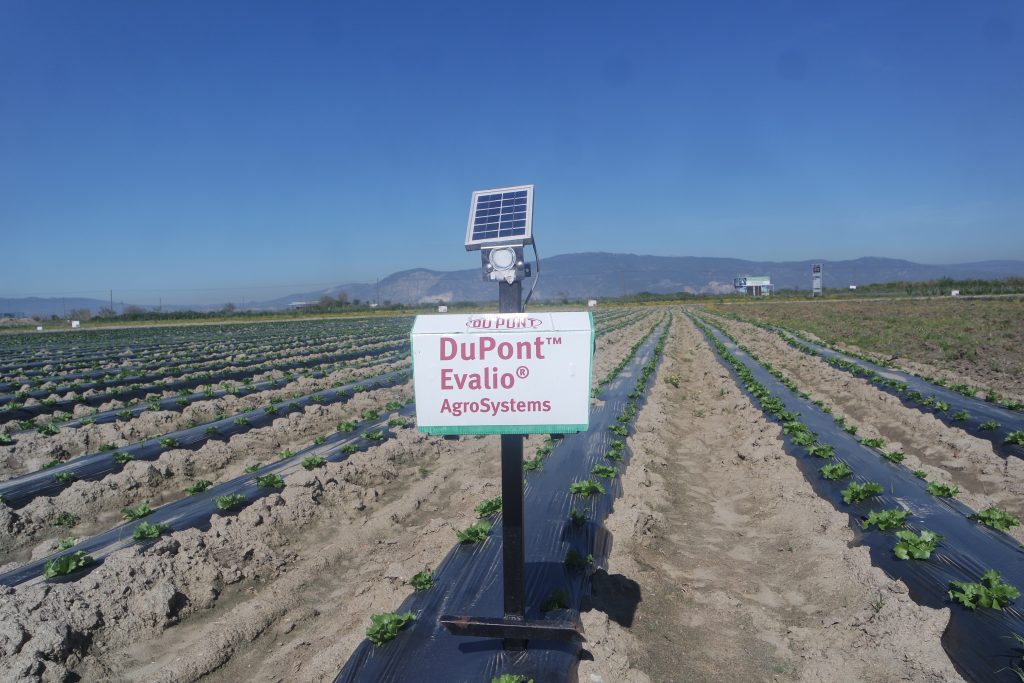
Project Objective
This project addresses the environmental, economic, and health risks caused by continuous chemical pesticide use in agriculture. By promoting the use of natural enemies to control harmful insects, it aims to spread sustainable and eco-friendly farming practices, helping farmers increase productivity and ensure long-term sustainability in agriculture.
Problem Area
Continuous pesticide application in agriculture often occurs without monitoring pest presence. This leads to negative environmental impacts, as agricultural chemicals can harm ecosystems and contaminate water resources, and also increases farmers’ costs.
Social, Economic, and Environmental Impacts
Social Impact: Widespread chemical use poses potential risks to human health and the environment. Farmers may face health problems due to exposure during pesticide application, and working conditions for agricultural laborers may be negatively affected.
Economic Impact: Continuous pesticide use increases farmers’ costs. Reliance on chemicals instead of natural pest control methods does not create sustainable farming practices and may reduce long-term productivity.
Environmental Impact: Chemical pesticides can pollute soil, water sources, and habitats, disrupt ecosystem balance by eliminating natural enemies of pests, and decrease biodiversity in agricultural production.
Solution Strategy by Agricultural Solution Center
The solution focuses on promoting and supporting biological pest control. This strategy emphasizes natural pest management and reduces the reliance on chemical pesticides.
Differentiation of the Solution
Focus on Natural Methods: The solution relies on using pests’ natural enemies for biological control, acknowledging their important role in maintaining ecosystem balance.
Technology Integration: Technologies such as odor-sensitive gels and cameras for insect detection are employed, allowing timely and accurate interventions.
Project Goals and Unique Features
Goal: Enable farmers to transition to sustainable and eco-friendly farming by controlling pests naturally.
Difference: Unlike traditional agriculture, this project minimizes chemical pesticide use, protecting human health and the environment while highlighting long-term benefits of natural pest control.
Project Activities and Promotion
Educate farmers on biological control techniques and the natural enemies to be used.
Promote the project through social media, brochures, and agricultural events to raise community awareness.
Sustainability Goals
The project aims to create long-term impact by promoting sustainable farming practices and encouraging farmers to adopt natural methods. Continuous training and support mechanisms will help ensure adoption.
SDG Impacts
SDG 2 – Zero Hunger: Supports food security through efficient and sustainable agricultural practices.
SDG 15 – Life on Land: Biological control methods help preserve ecosystems and promote biodiversity.
Business Model
The business model focuses on providing farmers with education on biological control, supplying natural enemies, and integrating technology. Farmers may contribute a fee, or the project could be supported by government or environmental organizations. In the long term, cost advantages and environmental benefits from natural farming methods can increase demand for the project’s services.
